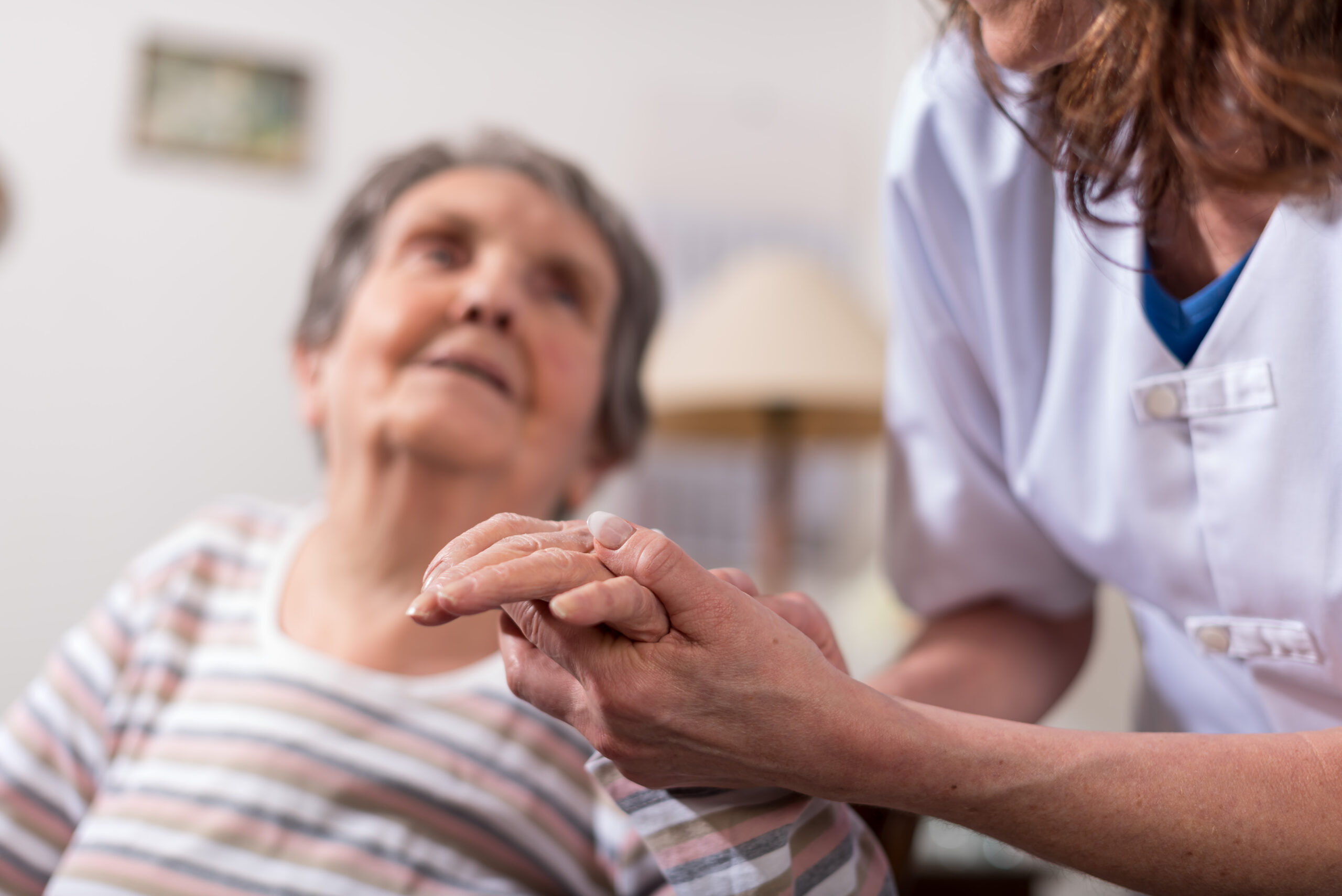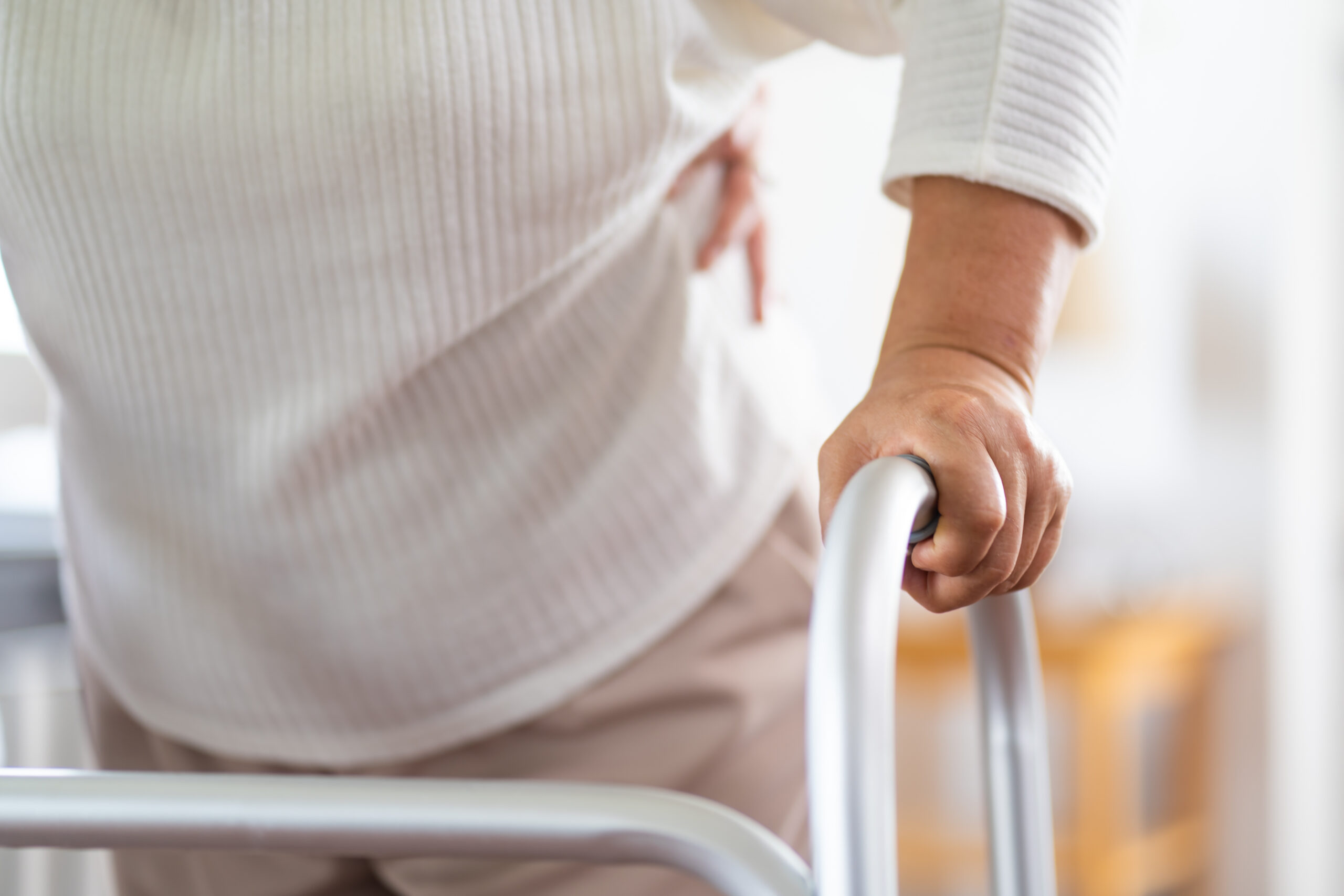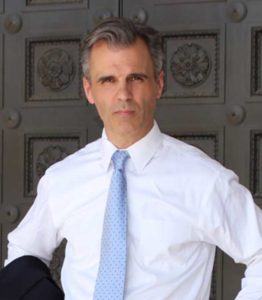Nursing Home Infections
PA · NJ
Highly Skilled Malpractice Lawyer
Bedsores · Wrongful Death · Medication Errors · Nursing Home Falls
Serving all of New Jersey & Pennsylvania including Philadelphia & Bucks Counties

Elder Abuse & Nursing Home Neglect
The Dangers of Nursing Home Infections
Nursing home staff members are required to wash their hands when they start their shifts and before and after any direct contact with residents in order to keep the incidents of infections down. Unfortunately, due to a variety of issues including insufficient training, supplies, and staffing, this fundamental infection prevention protocol is often overlooked. As a result, nursing home residents develop otherwise preventable infections which compromise their health and, at times, can lead to death.
Common Signs of Nursing Home Infections:
- Fever, chills
- Rapid pulse
- Rapid breathing
- Nausea, vomiting
- Sudden illness
- Rapid decline in health
- Rashes, skin irritations
- Diarrhea
- Death
If you believe that your family member may have been subjected to an infection at a Philadelphia nursing home or anywhere in PA or NJ, you should contact Nursing Home Abuse Attorney Brian P. Murphy to learn about your loved one’s rights. Mr. Murphy has litigated nursing home infection cases against these facilities for years. He offers a free, one-on-one case consultation to help you determine if you have a nursing home abuse or neglect case.
Suspecting Nursing Home Infections
If your family member’s health or overall condition has changed in any significant way, an examination of your loved one, including testing, should be performed in order to rule out infection. A resident’s change in his or her condition due to infection can widely vary. With certain infections, nursing home residents may develop a fever and be lethargic while other infections can cause acute pain and symptoms such as diarrhea and vomiting.
Regardless of the behavior you observe, if you witness troubling symptoms with your elderly loved one, you should immediately bring it to the attention of the nursing home staff. Your family member can be examined for any possible infections. If an infection is found and you believe your loved one suffered the infection because of nursing home neglect, please contact Nursing Home Abuse Attorney Brian P. Murphy right away.

Infections Are Often a Sign
of Nursing Home Neglect
Infections are often a result of nursing home neglect. Philadelphia nursing homes, as well as those anywhere in the state of PA or NJ, have a duty to make sure they have sufficient nurse staffing to provide adequate care. They also have the duty to make certain their nursing staff is properly trained to identify and treat infections. When infections occur, it is often the case that the nursing home staff was not trained properly or they were too overwhelmed by the high number of residents for whom they are responsible. Under such circumstances, nursing home neglect commonly occurs, which can result in life-threatening infections.
Philadelphia / PA and NJ nursing homes are mandated to abide by specific protocols in order to avoid infections to nursing home residents. If they fail to do so, they have committed nursing home neglect and are responsible for the injuries that occur.
Obtain the Guidance of an
Experienced Nursing Home Abuse Attorney
Filing a lawsuit involving nursing home infections is an intricate undertaking. It not only involves complex medical issues but also requires a full understanding of the nursing home industry and the laws that govern it. You would truly benefit from the knowledge and experience of Brian P. Murphy, Esq., who has years of experience as a nursing home abuse attorney. He can guide you through the process of a lawsuit. Attorney Murphy has handled a litany of nursing home abuse and neglect cases involving infections. He litigates cases throughout Philadelphia, and all over Pennsylvania and New Jersey. Contact him today for a one-on-one, free evaluation.
A Seasoned Malpractice Attorney

Abuse and neglect in nursing homes is a complex area of the law. You need an experienced nursing home attorney to answer your questions and offer you guidance in moving forward. Attorney Murphy has been filing lawsuits against New Jersey and Pennsylvania nursing homes (including Philadelphia) since 2006. Mr. Murphy knows which questions will get directly to the issues you are concerned about. He is fully familiar with all the signs and symptoms of nursing home injuries, including abuse and neglect. He can help you identify and put a stop to your loved one’s abuse or neglect. See what Mr. Murphy’s prior clients have to say about him.
In Pennsylvania, Mr. Murphy files nursing home lawsuits from Philadelphia to Pittsburgh. He also files suits throughout New Jersey. Mr. Murphy has been very successful in litigating claims against PA and NJ nursing homes and earned millions of dollars in compensation for his clients.
If you see signs of nursing home neglect and/or abuse, please schedule one of the firm’s free consultations today. Contact Nursing Home Abuse Attorney, Brian P. Murphy, to discuss your potential legal matter.
Legal matters are billed on a contingency fee basis. All nursing home lawsuits (Pennsylvania, including Philadelphia, and New Jersey) are personally handled by Brian Murphy.
This website is owned by The Law Firm of Brian P. Murphy, PC. Its purpose is to assist you in understanding your rights, especially when it comes to preventing or protecting yourself and/or your loved ones against nursing home failures, such as abuse, neglect, bedsores, dehydration, malnutrition, malpractice, and wrongful death.
Nothing on this website is to be construed as attorney advice or otherwise creating an attorney-client relationship. If you may be interested in establishing a relationship with The Law Firm of Brian P. Murphy, PC, please contact us to discuss your options.
